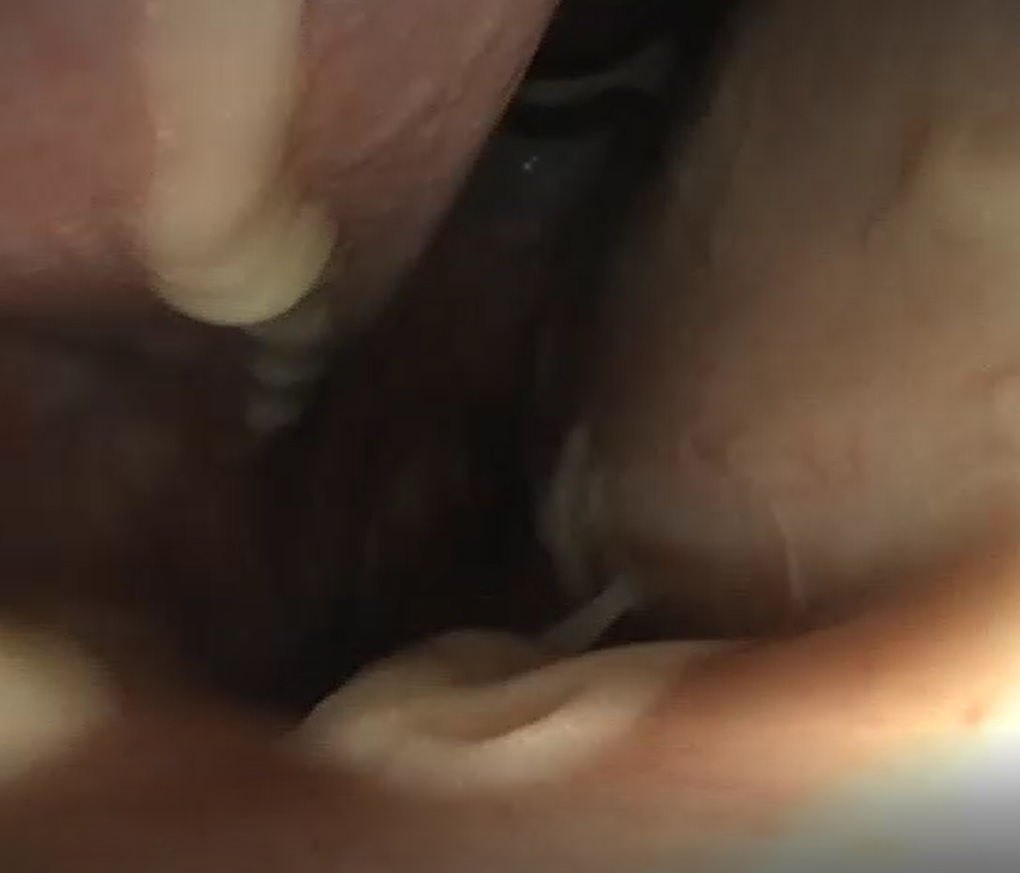COPD, also known as RAO and most recently, equine asthma, occurs when inhaled allergens initiate a cycle of bronchospasm (airway constriction) and airway inflammation (increased inflammatory cells and mucous). Two forms commonly occur- Summer asthma secondary to pollen and the more renowned form triggered by dust which can occur throughout the year. It is the latter form which we are beginning to see with increased frequency at this time of year now that our horses are spending more time stabled.
Affected horses present with clinical sign of varying severity. Some merely have a history of poor performance or a mildly increased respiratory (breathing) rate whereas others are more severely affected and present with respiratory distress.
Diagnosis is often based on the presence of compatible clinical signs but is confirmed following respiratory tract endoscopy and submission of airway fluid samples for laboratory evaluation.
With dust-induced asthma, in particular, management changes are of paramount importance. The affected patient should be out, breathing fresh air in so far as possible. Whilst stabled, minimising dust in the patient’s environment is crucial. Utilisation of ‘dust free’ bedding (paper, cardboard, dust extracted shavings) should be considered. Bedding should be laid with the patient outside of the stable with small amounts utilised and changed daily. Cobwebs should be hoovered from the stable environment quarterly. Grooming should also take place outside to minimise stable dust. If feeding hay, investment in a hay steamer should be considered. Otherwise, hay should be thoroughly soaked and fed prior to drying out. Management changes alone in the first instance may not be sufficient and therefore, concurrent drug therapy is frequently indicated.
Drug therapy is based on relieving bronchospasm/airway constriction through the use of bronchodilators and relieving airway inflammation through the use of steroidal anti-inflammatory drugs. Drugs may also be administered to break up airway mucous (mucolytics). Airway inflammation is slow to resolve and treatment may be required for a period of months. In some cases, if ongoing allergen exposure is present, treatment may be required on an ongoing basis or repeatedly when flare-ups occur. Drugs may be administered orally or by the inhalatory/nebulised routes. Your veterinary surgeon will discuss the best method of drug delivery for your horse/pony.

Upper airway containing mucous emanating from the lower respiratory tract in a case of equine asthma. 
Photo of tracheal mucous from a case of equine asthma.
